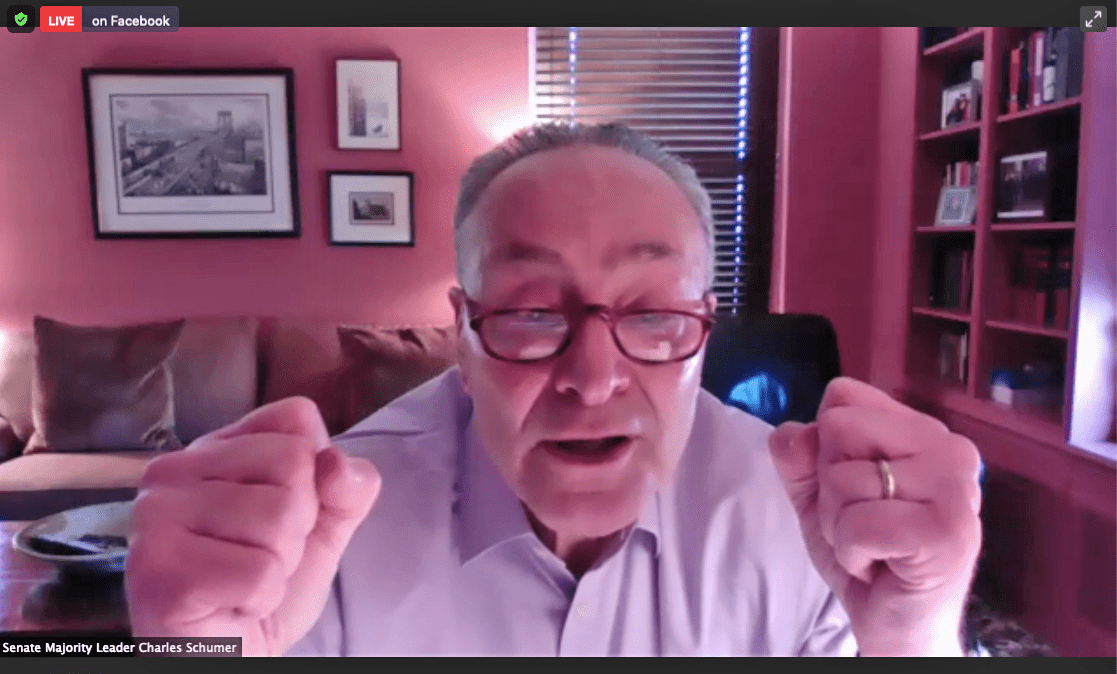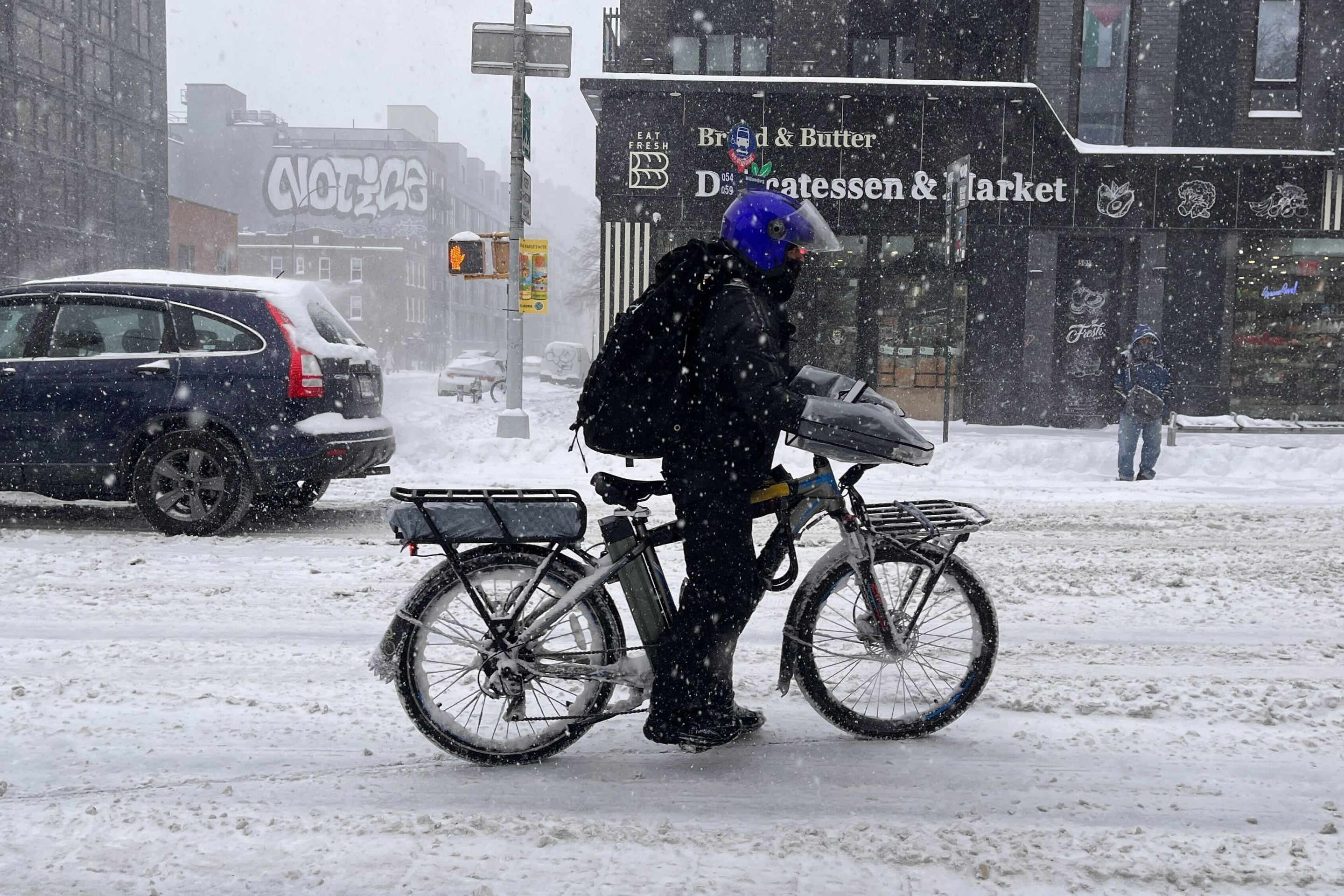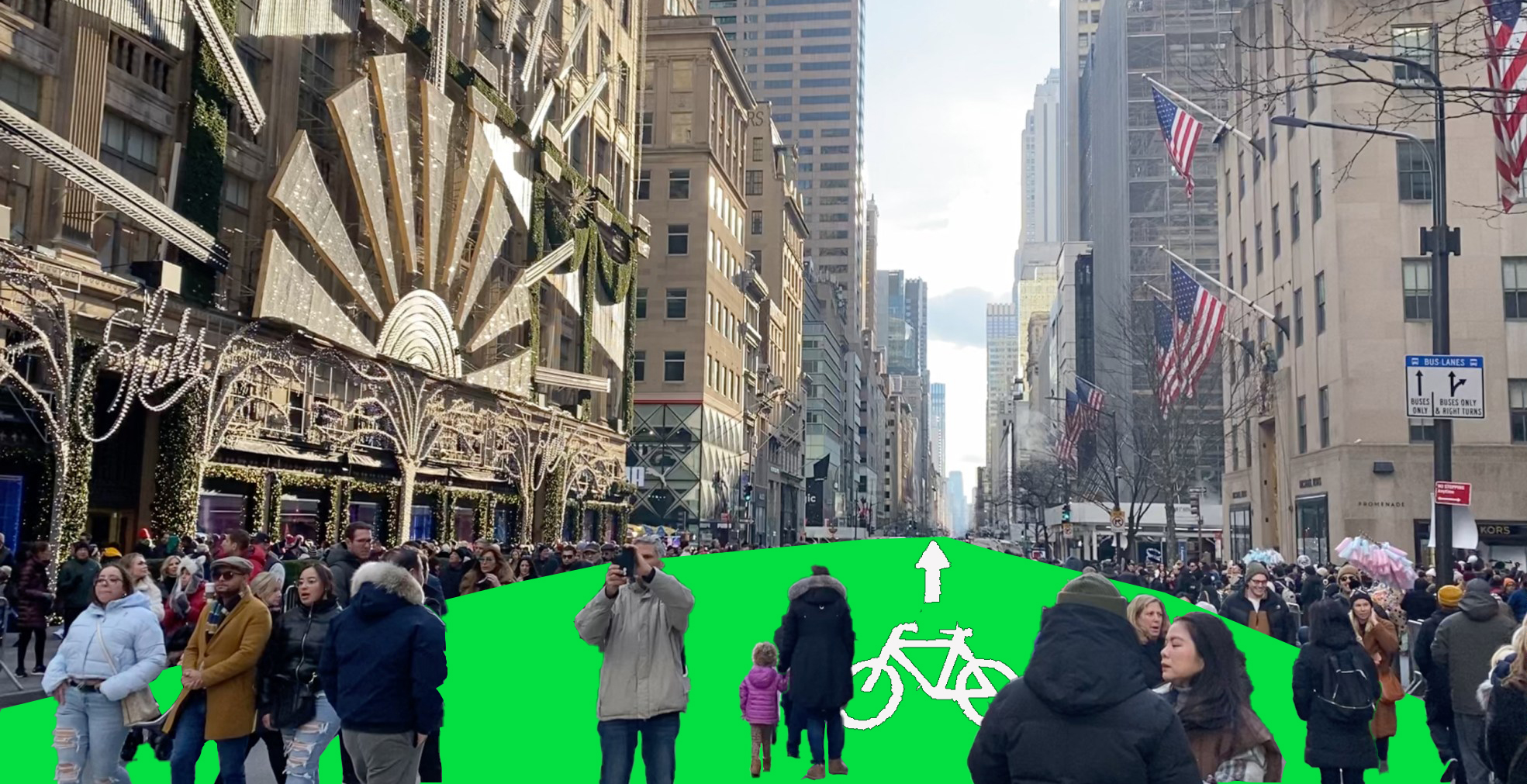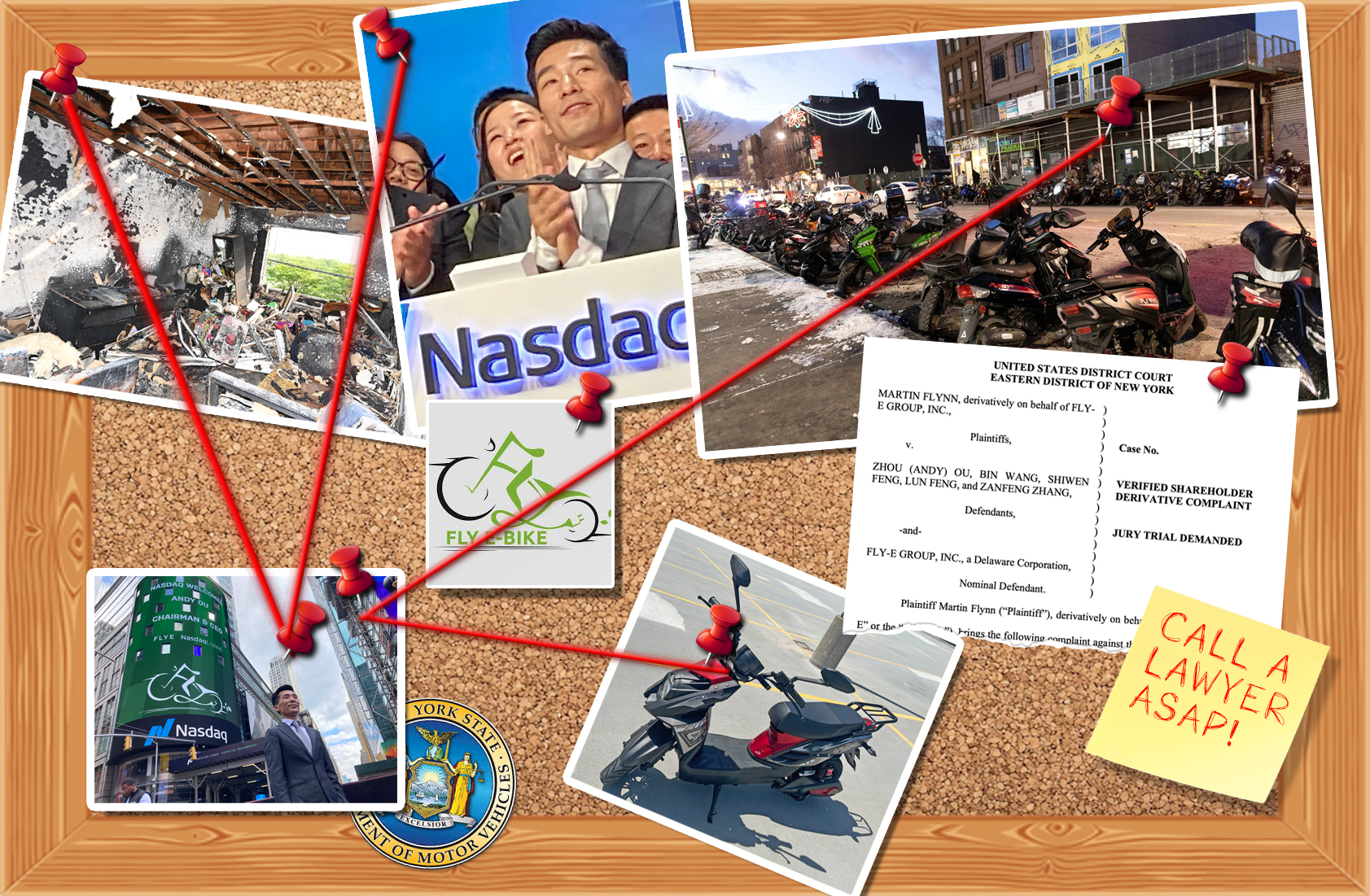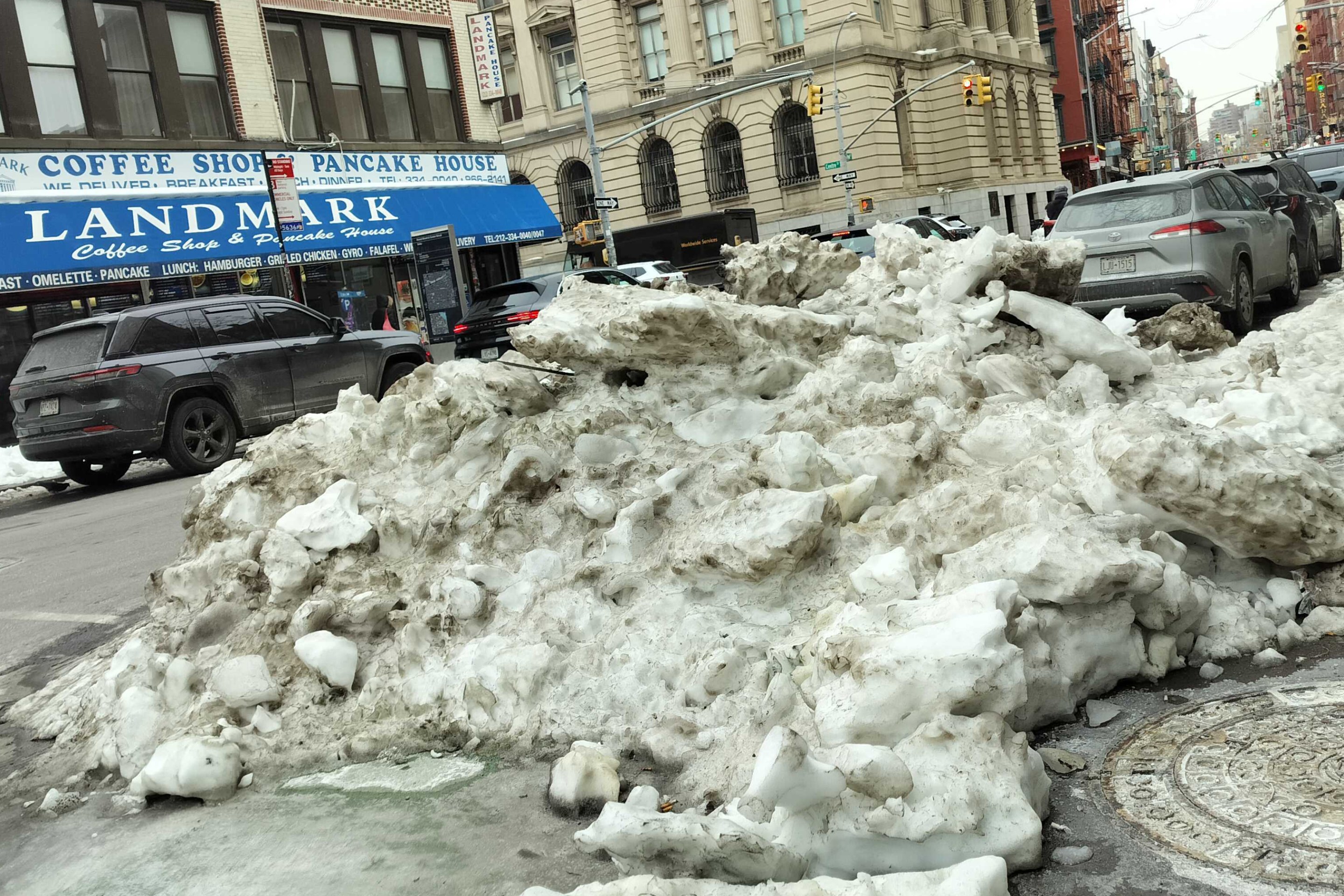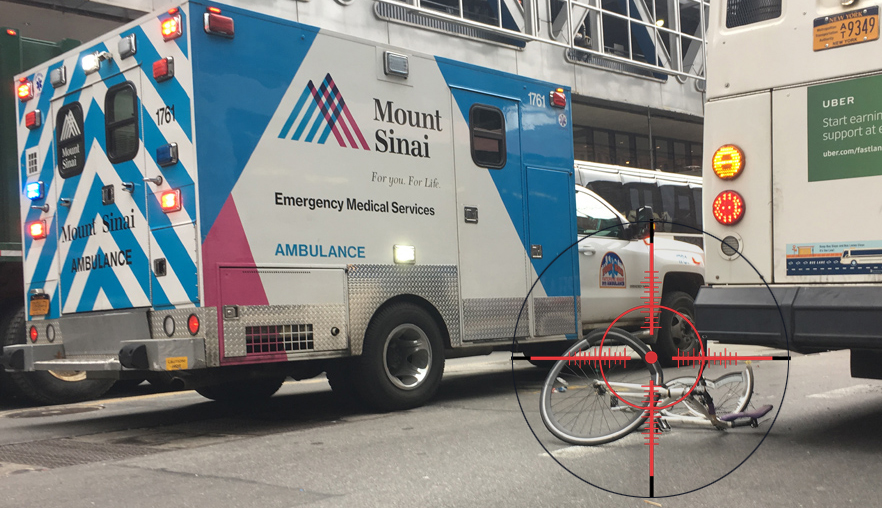It's always an after-thought.
Congestion pricing — once seen as the single most important linchpin to the future of MTA capital funding — still feels like just a shrug to New York's elected leadership.
On a Zoom call on Monday morning, new Senate Majority Leader Charles Schumer didn't even list congestion pricing as one of his top legislative priorities for the early days of the Biden administration — and only mentioned it glancingly in a follow-up question-and-answer session.
"I've mentioned this to [incoming U.S. DOT] Secretary Buttigieg," Schumer responded to a question from New York League of Conservation Voters Policy Director Patrick McClellan about the "urgent" need for congestion pricing, which was stalled for more than a year by the Trump administration. "And I've told him it's important that he figure this out and break through the deadlock. And he seemed very amenable to it, so I think we'll be OK."
He thinks we'll be OK?
After the call, Streetsblog asked Mayor de Blasio if, indeed, he has done anything to put congestion pricing at the top of Buttigieg's agenda, and discovered that the mayor is also in a wait-and-see approach.
"I'll be speaking to Secretary Buttigieg to make the point that we really need to move this and I think that will give us a lot of clarity on the timeline. I want to see us go as quickly as possible," said the mayor, adding that he expects support from Buttigieg's deputy secretary, "our own Polly Trottenberg," the former city DOT commissioner who will be the number two at U.S. DOT upon confirmation by the Senate.
"I'm going to work hard to get the federal government to move," added de Blasio, whose comments came one business day after Council Speaker Corey Johnson sent a letter to Buttigieg demanding action on congestion pricing (the U.S. DOT has not responded to that letter yet).
Clearly, everyone is on the same page — but the book remains on the shelf, where the Trump administration put it in 2019, when it refused to allow the state to move ahead with the necessary environmental review of congestion pricing. The federal Department of Transportation needs to tell state officials whether they must undertake an extensive environmental impact statement or the less rigorous environmental assessment. Until the feds decide, the state cannot move forward with congestion pricing, which, when it passed in April, 2019, was supposed to be in place this month. (U.S. DOT did not get back to us for this story).
Meanwhile, in the broad-ranging Zoom call, Schumer started with a preamble that touched on all the legislative priorities he recently discussed with nominee Buttigieg: new tunnels under the Hudson River (aka the Gateway project), a new $20-billion transit funding bill (of which the MTA would get a sizable share), climate change and, as he put it, "economic justice through transit."
He ended by quoting the Monkees, saying, "I'm a believer when it comes to transit."
